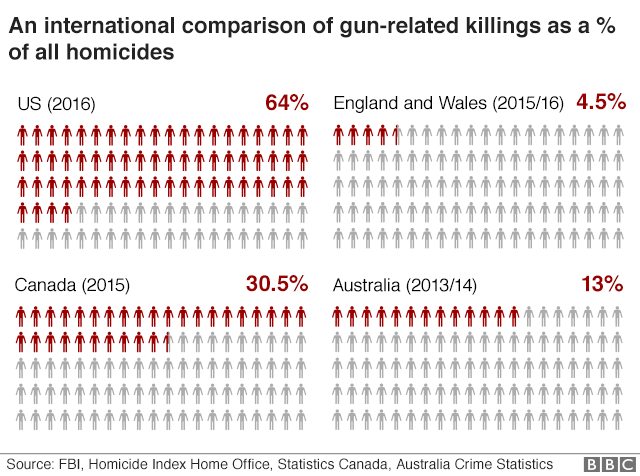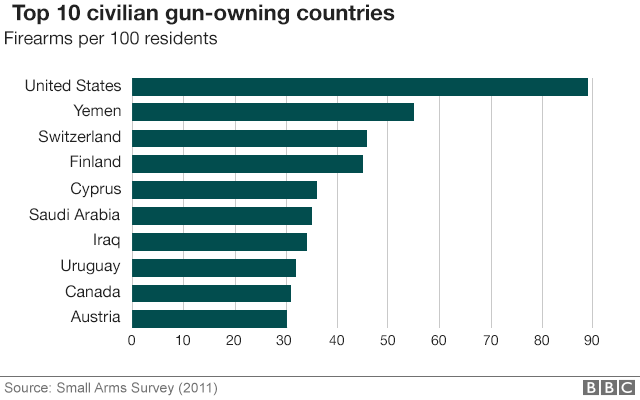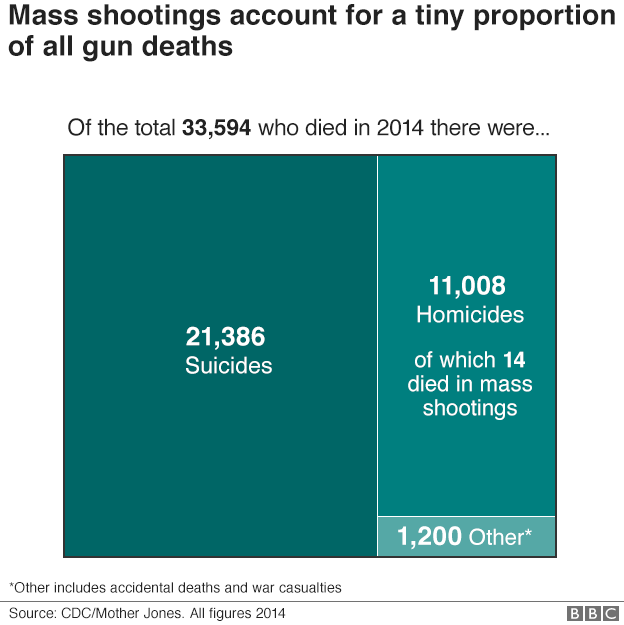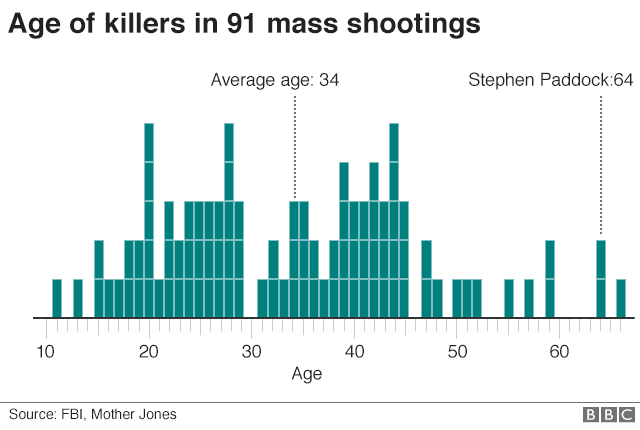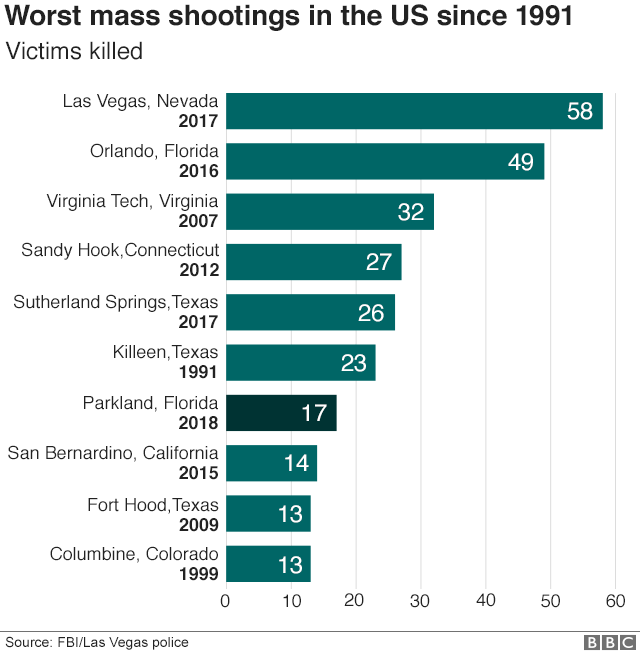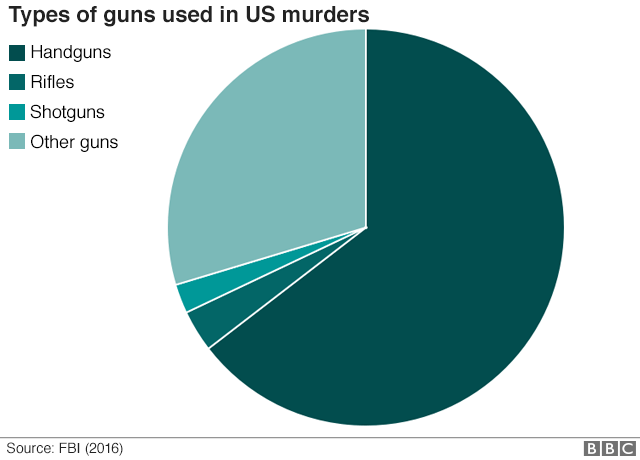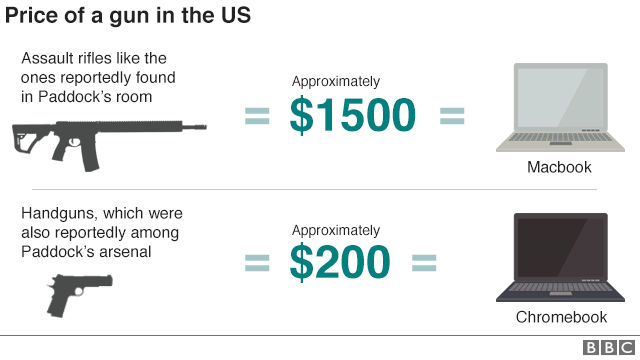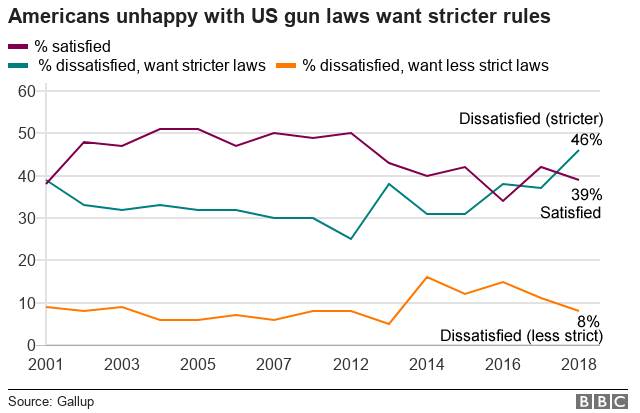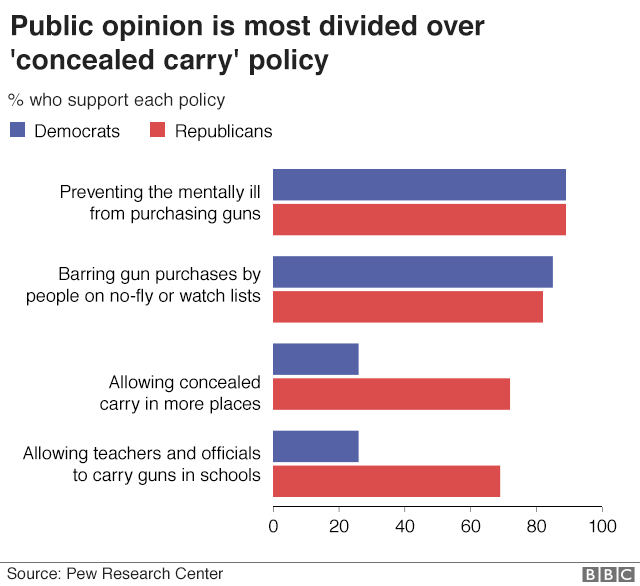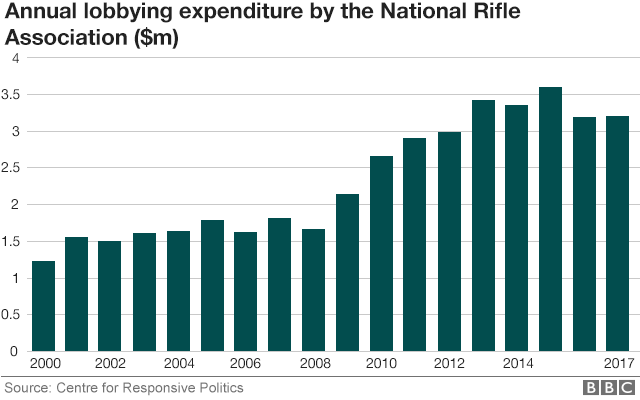Our Campaign Plan sets out our movement’s priorities for campaigning, influencing and organising, this year and into the future.
It's a plan for our whole movement, supporting and enhancing the specific priorities and campaigns of our member unions in their industrial sectors.
In our three priorities, you will see the determination of the TUC and our member unions to win the best deal for working people, as the UK leaves the European Union and as the world of work throws up new ways for bosses to exploit workers.
And you will see our commitment to finding new ways to grow and revitalise our movement so that more of the working people of today and tomorrow get the benefits of strong trade unionism and collective bargaining.
Underpinning everything we do are our core trade union values: dignity, justice, solidarity, respect, fairness and equality. I look forward to campaigning alongside you all in the year to come.
Frances O'Grady, TUC General Secretary
Priority 1 An economy that works for working people
The British economy is rigged against the interests of ordinary working people – and a “no deal” Brexit will only make that worse, risking good jobs and hard-won rights at work. We need an economy that works for working people – now, and into the future. We need companies interested in long-term greener growth that benefits everybody, not short-term shareholder returns. We need good jobs in all regions and nations of the UK. And we need high-quality, decently funded public services.
Priority 2 Great jobs for everyone
In 2017, too many workers are finding that great jobs that pay a decent wage are disappearing. We have record employment rates, but more than one in ten workers are in jobs where basic rights are denied or ignored. We need no more and no less than great jobs for everyone.
That means an end to insecure work – like zero- and short-hours contracts and bogus self-employment – and an end to bad bosses hiding unacceptable employment practices behind an app or platform. It means real opportunities for progression at work, and safe workplaces for everyone. It means genuine equality at work for women, Black and minority ethnic workers, LGBT workers and disabled workers. It means an end to the artificial pay restrictions that have left dedicated public servants thousands of pounds worse off in real terms. And it means everyone having decent pay and a decent pension for when they retire.
Priority 3 A thriving movement that delivers for younger workers
Young workers not joining unions is the biggest challenge our movement faces. Just 6 per cent of 21–30s working in the private sector are members of a union. Increasing numbers do not know what a union is or how it could be of use to them.
The union offer is not always expressed in a way that feels relevant or accessible to young workers or insecure workers – not least because the union movement needs to launch its own digital revolution. We need unions to grow and thrive after the government‘s draconian Trade Union Act, getting more effective at delivering for members and supporting our thousands of volunteer reps to win a better deal for members in their workplaces.
It's a plan for our whole movement, supporting and enhancing the specific priorities and campaigns of our member unions in their industrial sectors.
In our three priorities, you will see the determination of the TUC and our member unions to win the best deal for working people, as the UK leaves the European Union and as the world of work throws up new ways for bosses to exploit workers.
And you will see our commitment to finding new ways to grow and revitalise our movement so that more of the working people of today and tomorrow get the benefits of strong trade unionism and collective bargaining.
Underpinning everything we do are our core trade union values: dignity, justice, solidarity, respect, fairness and equality. I look forward to campaigning alongside you all in the year to come.
Frances O'Grady, TUC General Secretary
Priority 1 An economy that works for working people
The British economy is rigged against the interests of ordinary working people – and a “no deal” Brexit will only make that worse, risking good jobs and hard-won rights at work. We need an economy that works for working people – now, and into the future. We need companies interested in long-term greener growth that benefits everybody, not short-term shareholder returns. We need good jobs in all regions and nations of the UK. And we need high-quality, decently funded public services.
Priority 2 Great jobs for everyone
In 2017, too many workers are finding that great jobs that pay a decent wage are disappearing. We have record employment rates, but more than one in ten workers are in jobs where basic rights are denied or ignored. We need no more and no less than great jobs for everyone.
That means an end to insecure work – like zero- and short-hours contracts and bogus self-employment – and an end to bad bosses hiding unacceptable employment practices behind an app or platform. It means real opportunities for progression at work, and safe workplaces for everyone. It means genuine equality at work for women, Black and minority ethnic workers, LGBT workers and disabled workers. It means an end to the artificial pay restrictions that have left dedicated public servants thousands of pounds worse off in real terms. And it means everyone having decent pay and a decent pension for when they retire.
Priority 3 A thriving movement that delivers for younger workers
Young workers not joining unions is the biggest challenge our movement faces. Just 6 per cent of 21–30s working in the private sector are members of a union. Increasing numbers do not know what a union is or how it could be of use to them.
The union offer is not always expressed in a way that feels relevant or accessible to young workers or insecure workers – not least because the union movement needs to launch its own digital revolution. We need unions to grow and thrive after the government‘s draconian Trade Union Act, getting more effective at delivering for members and supporting our thousands of volunteer reps to win a better deal for members in their workplaces.








